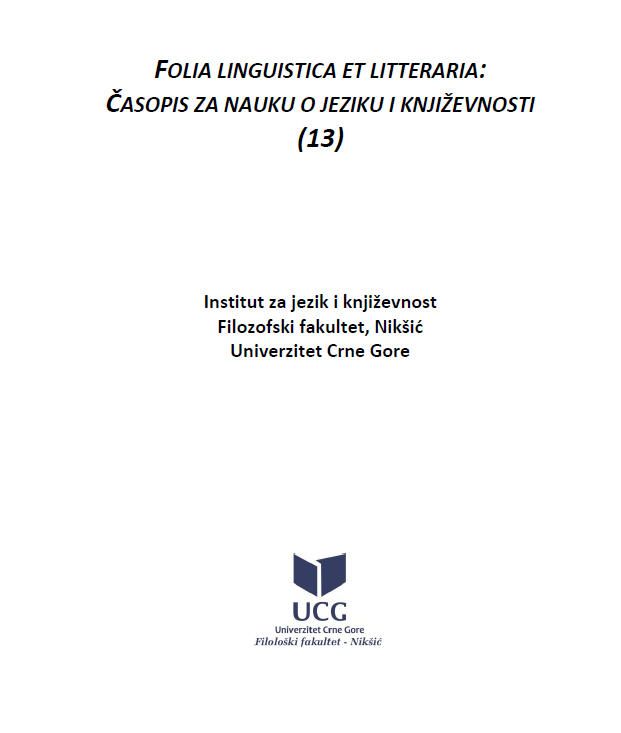HARD MEN AND SOFT WOMEN: THE GENDERING POWER OF THE VIRTUAL
HARD MEN AND SOFT WOMEN: THE GENDERING POWER OF THE VIRTUAL
Author(s): Boris BerićSubject(s): Gender history, British Literature
Published by: Filološki fakultet, Nikšić
Keywords: Gender; virtual power; Aristotle; Galen; Isidore of Seville; Milton;
Summary/Abstract: John Milton has frequently been accused of multiple sexisms in his Paradise Lost. However, when he, or rather Satan, contemplates the gender of hard men and soft women, he actually leans on a long standing tradition in philosophy, theology, and medical science, from Aristotle and Galen to Isidore of Seville and Milton’s own time. This gendering tradition had close ties with the virtual, which has been misunderstood as “fake,” “illusion,” and “unreal” in more recent times. In its original form, the virtual had dialectical ties with the actual and it meant power, the power that operates in the manner of Moebius strip and, in the sphere of language, manifests itself in reading, interpretation, translation and derivation of words. So, to be more virtual did not mean to be more “unreal,” “disembodied,” or “dehumanized” but to be empowered with the potential of becoming a male. Derived from virtus and vir, the virtual was even an etymologically gendering power. The lack of this power deprived some fetuses of being fully actualized as men, so they became women or, rather, failed men.
Journal: Folia Linguistica et Litteraria
- Issue Year: 2015
- Issue No: 13
- Page Range: 53-60
- Page Count: 8
- Language: English

